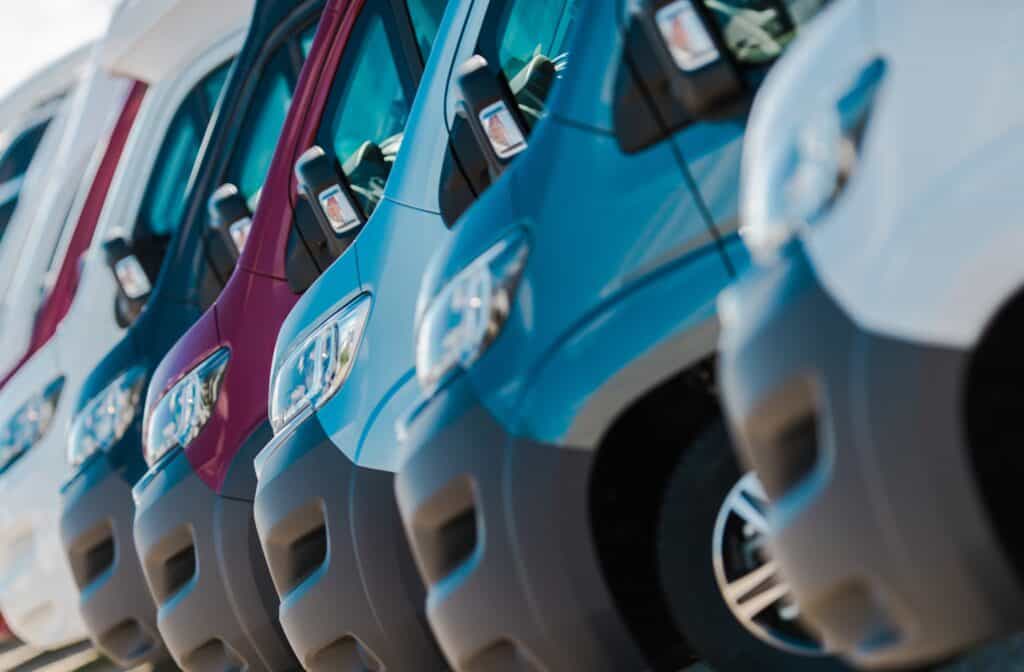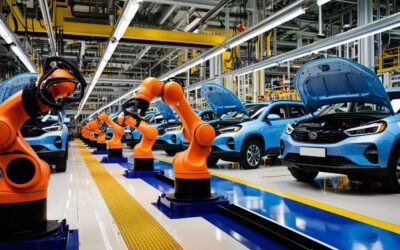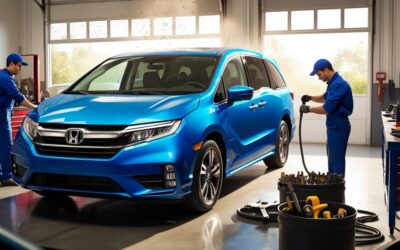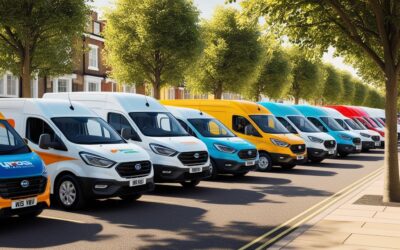New fleet and company vehicle registrations fall by one-third

Fleet vehicle and company car registrations fell by 32% in April, according to the latest figures.
The number of new vehicle registrations fell from April 2021’s total of 79,646 to 54, 281 last month.
It comes despite leasing companies reporting record orders and demand reportedly continuing to be high…
But the ongoing semiconductor shortage is having a profound impact on manufacturing, with lead times for new vehicles stretching beyond 6 months, and sometimes over 12 months.
What’s The Big Picture With New Fleet Vehicles?
There’s a significant difference between private vehicle registrations and fleet registrations currently.
In fact, private vehicle registrations (personal cars etc.) rose by 4.8% year-on-year in April, with 64,886 new cars being registered…
But so far in 2022, fleet and business registrations are down by 23% on 2021’s total as the impact of the semiconductor crisis appears to be hitting fleets the hardest.
Part of that is down to the complex technology and specific requirements of many commercial vehicles, whether it’s vans, HGVs, or other fleet vehicles.
The issue is that demand is outstripping supply significantly, which is then driving up prices AND lead times, meaning that fleets are struggling to get hold of the vehicles they need when they need them.
However, there is positive news when it comes to low-emission vehicles…
Battery electrical vehicle registrations (BEVs) grew by 40% year-on-year, and they now represent 10.8% of the total new vehicle market, which will be seen as a positive trend as the UK moves away from internal combustion engine (ICE) vehicles.
What Does It Mean for Fleet Owners?
Going electric is a reality for all vehicle owners at some point. And that also means a big consideration for fleet owners – when do you make the switch?
That issue has been exacerbated by the long lead times and difficulty in procuring new electric commercial vehicles, leading many to opt for more attainable options…
Whether that’s new ICE vehicles, sticking with older models and adding significant miles to the clock, or looking to the nearly-new market.
The emissions issue isn’t going to go away, though, and the reality is that businesses and fleet owners will come to a crossroads with their electrification plans at some point.
To help, the UK is putting together plans to balance demand and supply in the future so that the issues we’re currently facing don’t happen again in the future…
And given that the cost of running fleet vehicles has risen by 12% in the last year, there’s plenty of work to be done.
Costs are rising due to several factors – the rising cost of fuel, driver shortages driving salary costs up, increased costs in importing goods, and the global semiconductor crisis.
Not only that, but the introduction of more low emission zones, and the expansion of zones such as the one in London, have added costs to daily driving routes for many fleets.
Where are you in your vehicle replacement cycle? Have you gone electric yet? If not, is it on the agenda? Let us know in the comments below…










